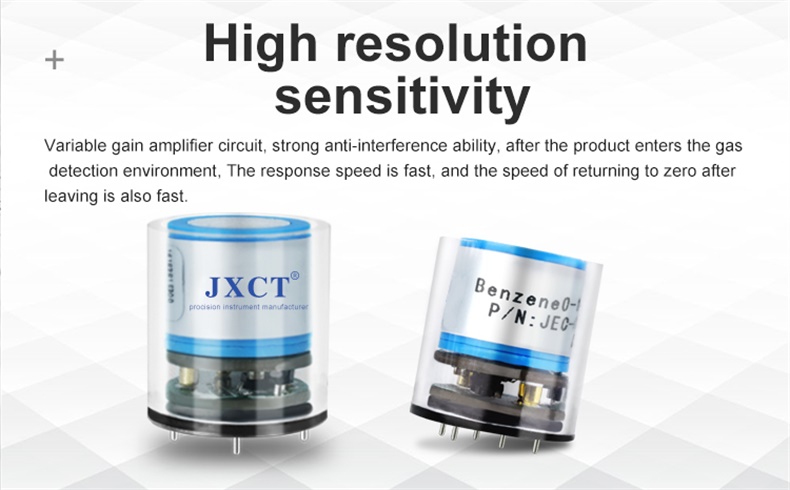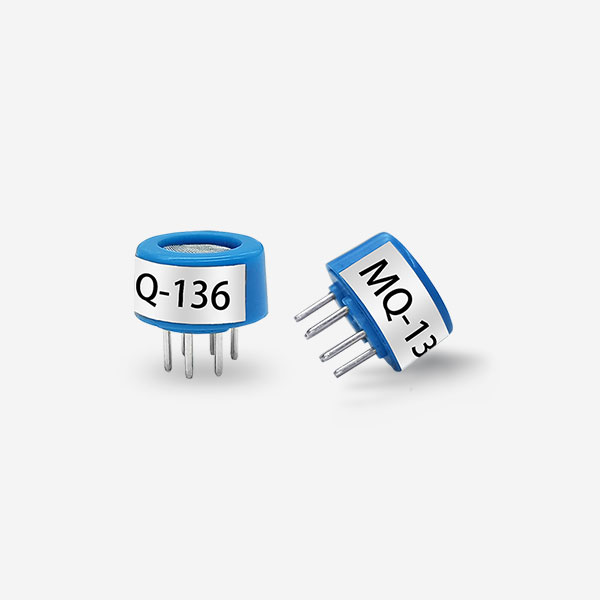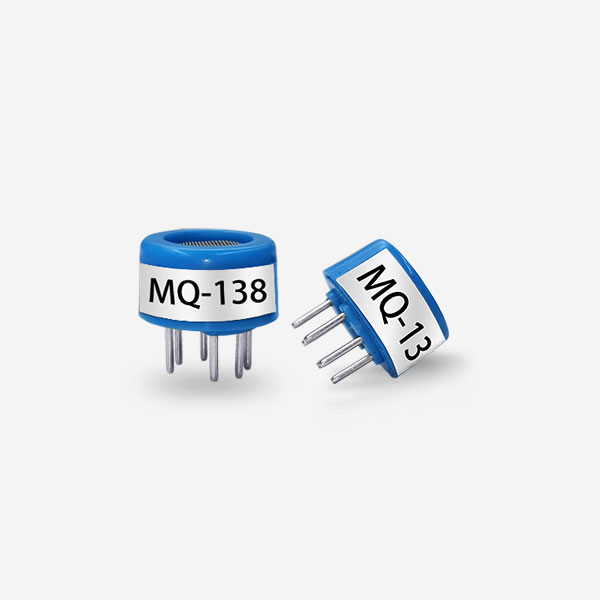Background:
A sensor is a device that responds to a physical stimulus (such as heat, light, sound, pressure, magnetism, or motion) and transmits the resulting electrical impulses as a means of measuring changes in any inherent property of the constituent materials. The origin of the word sensor comes from the Latin sentire, to feel. Semantically, sensors have the property of sensing the surrounding environment to define the coupling relationship. In particular, electrochemical sensors are a class of chemical sensors in which electrodes act as transducer elements in the presence of an analyte.
Modern electrochemical sensors use multiple properties to detect various parameters in our daily life, whether physical, chemical or biological. Some examples are environmental monitoring, health and instrumentation sensors, and machine-related sensors such as cars, airplanes, cell phones, and technology media. In recent decades, modern sensing systems have benefited from advances in microelectronics and microengineering, primarily by making sensors that are smaller, more sensitive, more selective, and less expensive to produce and maintain.

Electrochemical sensors:
In an electrochemical sensor, a target gas interacts with an electrolyte, causing an electrochemical reaction that produces an electric current. This current depends on the concentration of the target gas (via a linear or logarithmic relationship) and can be measured. Electrochemical sensors are typically more expensive and larger in size than MOS sensors, but do offer advantages such as lower power requirements, lower detection limits, and less influence from interfering gases. They have a relatively short lifespan
Electrochemical sensor systems based on molecular imprinting:
Electrochemical sensors consist of an electrode design surrounded by a selective membrane that separates an internal reference ion solution around the electrode from an external analyte solution. This establishes a potential between the two ionic solutions. And then you can measure it. In the electrochemical based recognition process. An electrochemical reaction usually results in a change in current, potential, or conductivity. Are called ampere, potential and conductance sensor systems, respectively.
Sensitivity and selectivity to target compounds are very important factors in electrochemical sensor systems. On the other hand, efficient modification of electrode surfaces by immobilizing recognition elements is an effective technique to achieve selective and sensitive binding of target compounds to the developed electrochemical sensors.

Hydrogen Sulfide Electrochemical Gas Sensor
The analog/TTL type hydrogen sulfide electrochemical gas sensor module is an intelligent gas detection module independently developed by Jingxun. It has the characteristics of small size, easy to carry, high precision and low loss. Factory calibrated and ready to use. The upper and lower limits of the alarm can be set arbitrarily, with zero and target calibration functions. Built-in temperature compensation, easy maintenance. Imported electrochemical sensor, good anti-interference performance. Long service life. Using advanced microprocessor technology, the response speed is fast. High measurement accuracy, stability and repeatability.
 : +86 155 8830 2704
: +86 155 8830 2704 : jxdziot@gmail.com
: jxdziot@gmail.com
